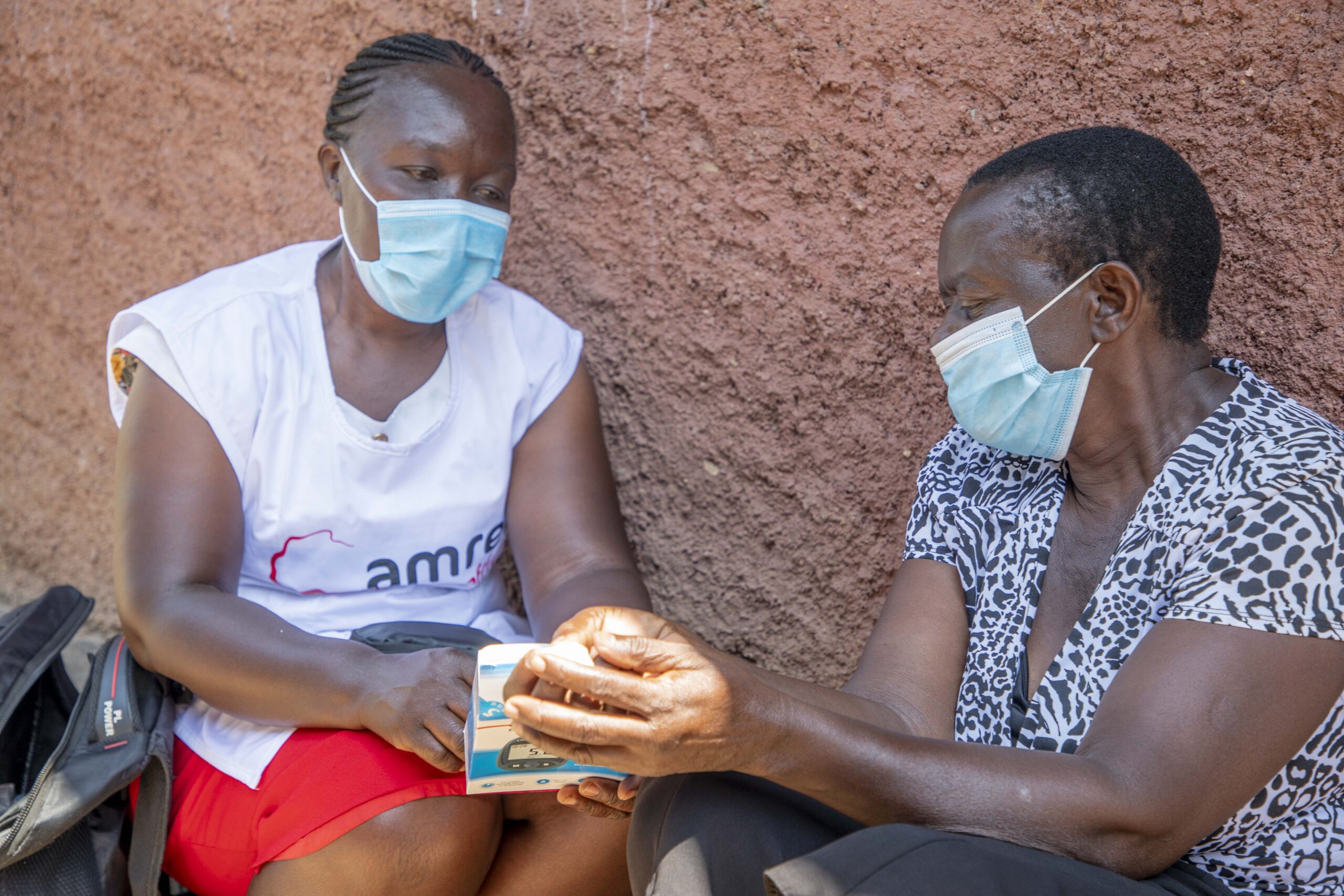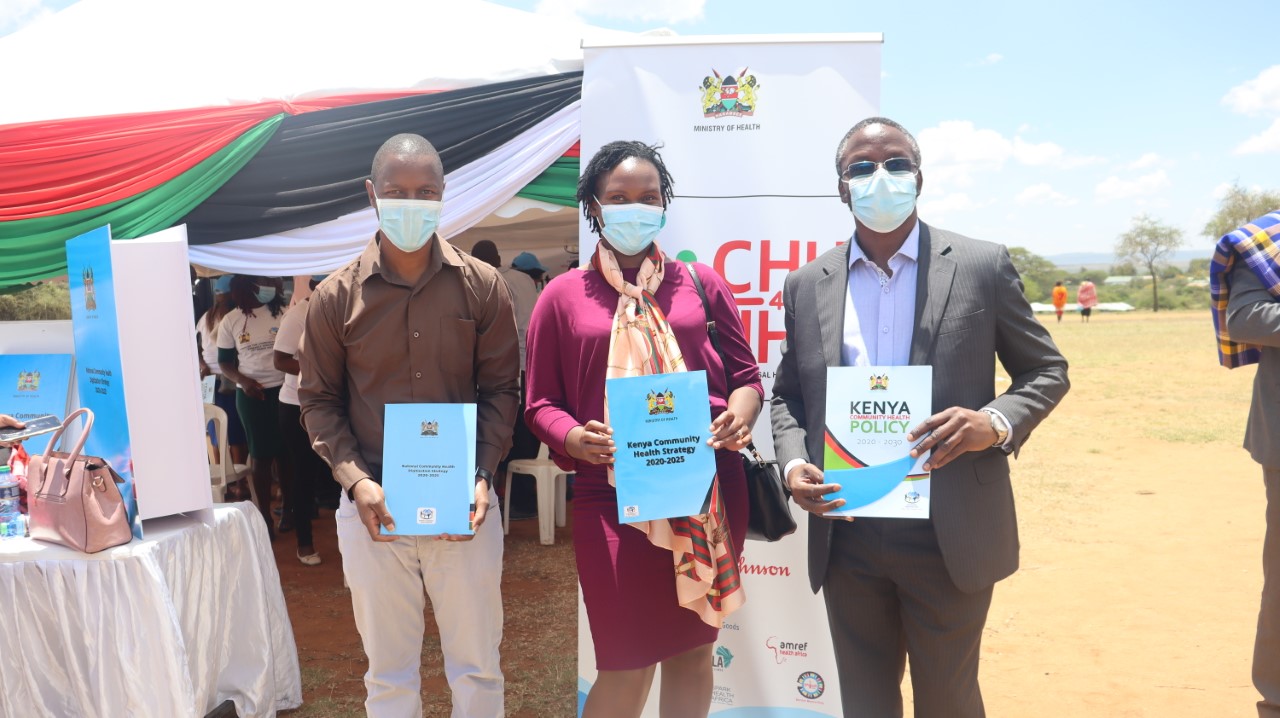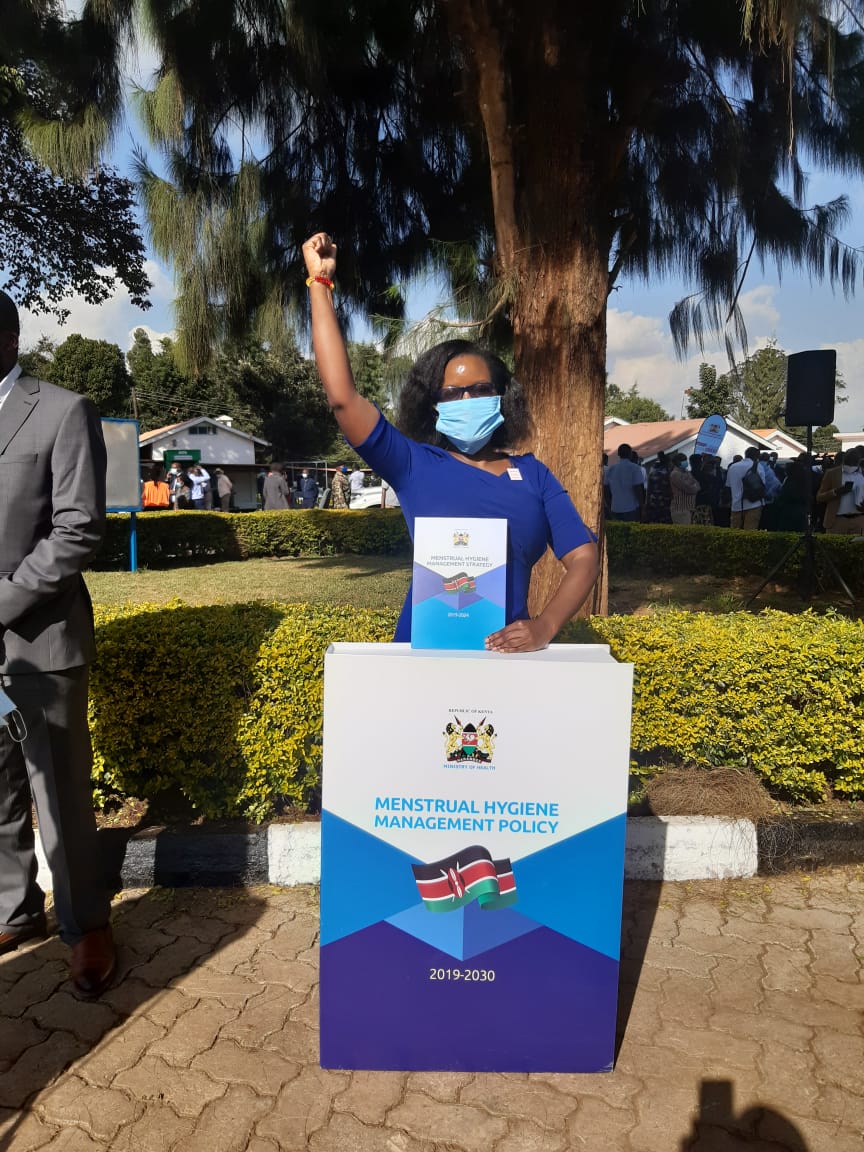Resiato’s Story
Tuesday, 28 January, 2020

Beatrice Resiato, 16, still remembers the pain her older sister went through ten years ago when she had to transition to womanhood through Female Genital Mutilation (FGM). But when her time came to go through the same ordeal, she decided to step in and fight for her rights.
Recalling the day that it happened to her sister, Beatrice says, “It was a Saturday in 2009 when I was six years old. I woke up and found many women in our homestead. My sister was held by several women and placed on a goatskin at the entrance of a manyatta. Women pulled her legs apart and with no anaesthetic, a sharp knife cut through her clitoris.’’ This was the harsh reality for many girls in her village; they had to undergo this painful and damaging and loyally observed cultural ritual. Describing how the events unfolded, Beatrice says, “My mother told me to go see my sister who was now a woman and indicated that I was next in line. My sister’s face was wrenched in pain. The next day, having to use the toilet was painful for her because of the fresh wound. It was only after a week that she started walking.” Beatrice recalls.
According to Beatrice, this was the second FGM process taking place in her family; she did not witness the one of her elder sister that happened before she was born. She came to learn about it from her mother. Beatrice narrated that her sister’s ordeal was not over because as soon as she started healing, she was married off to an old man who paid many heads of cattle for her hand in marriage. This forced her to leave school terminating her education. Beatrice knew that her turn to undergo the cut was nearing, yet she could do nothing other than face the harsh reality of her own culture.
Fortunately, Beatrice was introduced to the Alternative Rite of Passage (ARP) programme by her school teacher in 2014. The programme supported by Amref Health Africa in Kenya’s ARP/WASH project taught her the dangers of FGM and informed her of her rights and she attended ARP training in 2014. ‘’I was registered among the girls to attend the training but I was not among the girls to graduate since I was still young. I told my parents about the training and they were not happy. They did not allow me to attend the training but I went against their wish and informed my teacher about it. My teacher then talked to my parents,’’ Beatrice said.
Beatrice informed her parents about what she had learned during the training. “I told my parents that they should not plan any FGM for me because I was not going to go through with it.’’
The ARP session provides support to girls like Beatrice who have escaped FGM and help communities to learn and talk about its damaging effects. The girls and boys are given an insight into the dangers of FGM and its consequences. Beatrice now feels comfortable and confident in demand for education and healthy alternatives for her sisters and other girls in her village.
In December 2018, Beatrice was one of 268 girls transitioning from childhood to womanhood without the cut through an ARP ceremony that attracted the community, political leaders, morans, cultural elders and spiritual leaders all of whom publicly supported replacement of the cut with ARP. “I am proud of myself because I convinced my parents,” Beatrice says proudly. The Amref project funded by Amref Flying Doctors in the Netherlands aims to increase awareness on FGM, encourage acceptance of alternative rites of passage and increase girl/boy enrolment, retention and transition in school.
Amref Health Africa uses the Alternative Rite of Passage approach as a viable cultural substitute to FGM. In Kajiado County, the ARP/WASH project has so far engaged 24 traditional female circumcisers on alternative sources of livelihood instead of the ‘cut’; 78 teachers and 50 Trainers of Trainees (TOT) on the dangers of FGM/C and 1,225 girls have been trained as ARP champions to advocate against FGM/C and promote the education of girls.




